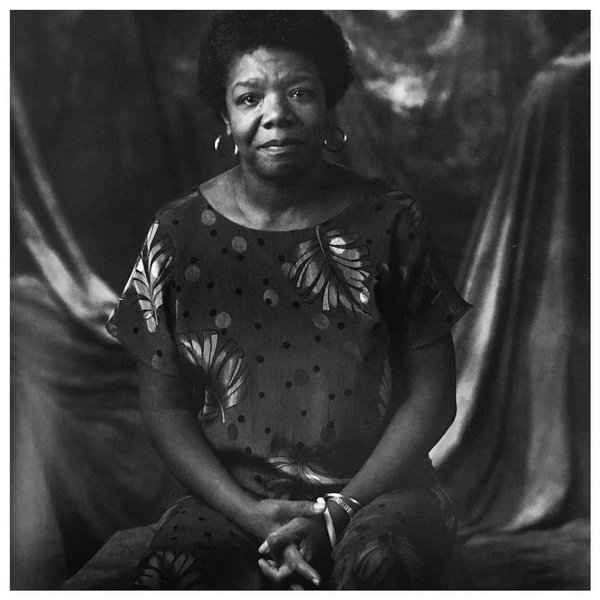Sublime
An inspiration engine for ideas

I studied history at university and took a number of modules on nazi history. When I asked my lecturer what happened to Black Germans, he responded that there “wasn’t really any.” And this is how erasure happens seamlessly in the classroom.
Sofia Akelx.comI think it’s also important to admit, to attest to, and to [bear] witness to the violence of the archive of slavery, which is about erasure. There are tick marks instead of names; it’s all about the slave’s relationship to the accumulation of wealth for another. The archive doesn’t tell us the story of someone’s life.
Bettina Judd • On

Maya Angelou // "When I’m writing, I am trying to find out who I am, who we are, what we’re capable of, how we feel, how we lose and stand up, and go on from darkness into darkness. I’m trying for that. But I’m also trying for the language. I’m trying to see how it can really sound. I really love language. I love it for what it does for us, how it... See more
instagram.comSyllabus
syllabusproject.org
Angela Davis (1943–present) spent the next four decades opposing the racial discriminators who learned to hide their intent, denouncing those who promoted end-of-racism fairytales while advocating bipartisan tough-on-crime policies and a prison-industrial complex that engineered the mass incarceration, beatings, and killings of Black people by law
... See moreIbram X. Kendi • Stamped from the Beginning: The Definitive History of Racist Ideas in America
Inspired by an idealistic vision of fostering peace through cultural understanding, Kahn began this groundbreaking project in 1909, years before others, like Edward S. Curtis in the U.S., who documented Native American tribes, or the advent of Robert Flaherty’s ethnographic films. His initiative followed the success of his Bourses de Voyages Autour... See more
catastrophe.offinstagram.comAs its title suggests, Unnamed Figures not only illuminates Black appearances in the visual culture of this period but also asks how our encounters with them are shaped by the erasure of Blackness from art and archives.
Zoë Hopkins • The Invisible Presence of Blackness in American Art
What if African matriarchy was never about women replacing men but about dismantling the seat of power entirely?
I was raised in a multiple matriarchal lineages, one of them being one of the last few intact in West Africa. In our governance, children and neurodivergent kin were central, not sidelined. Vulnerability was... See more
instagram.com







